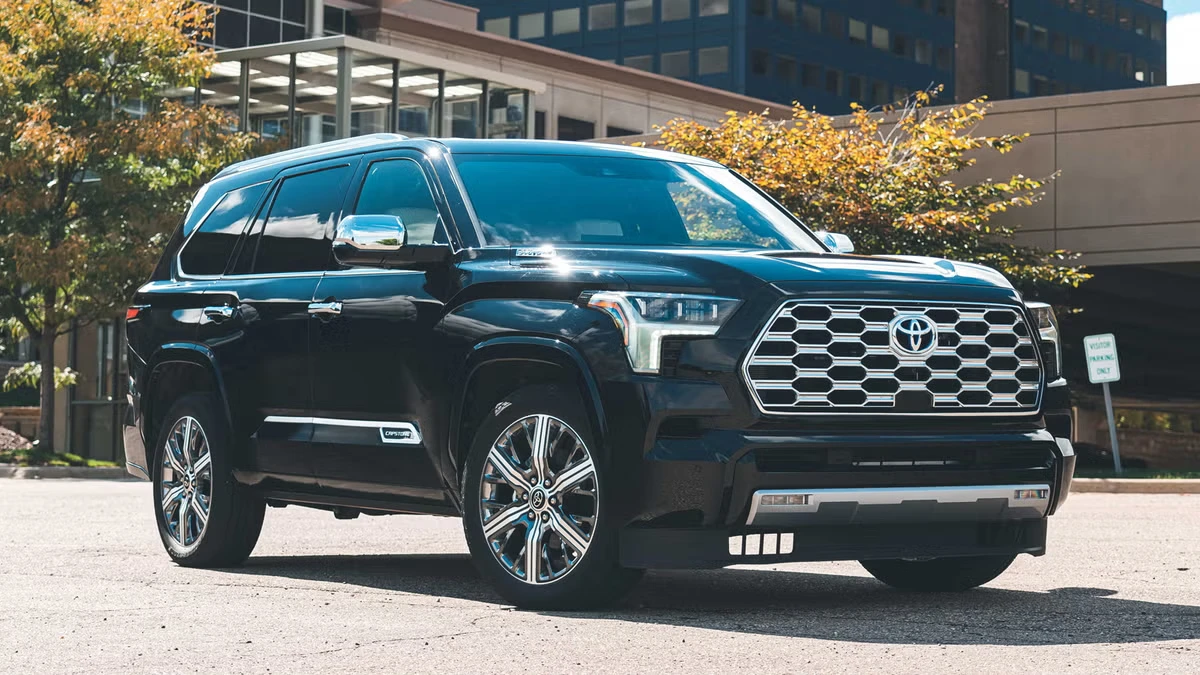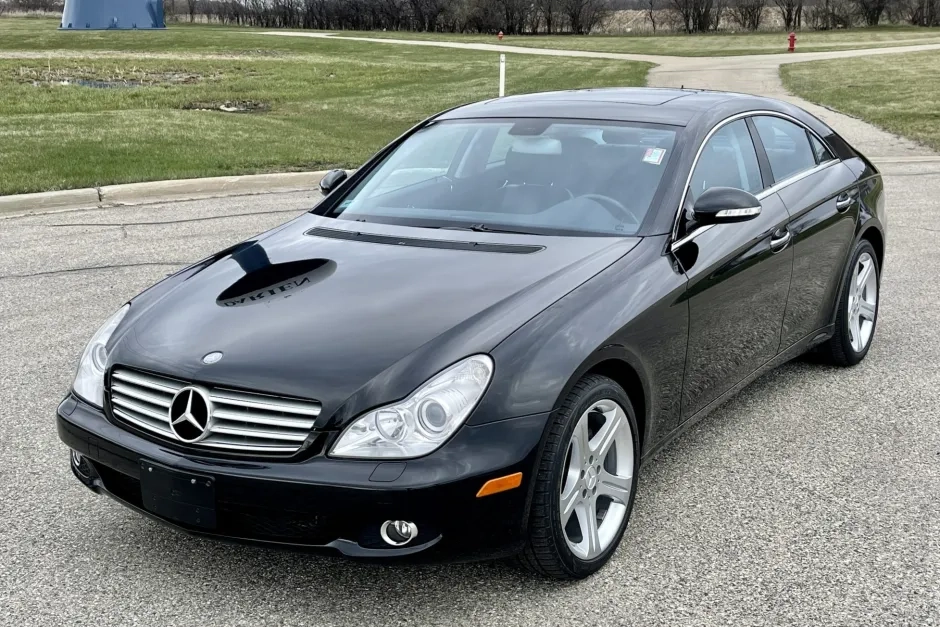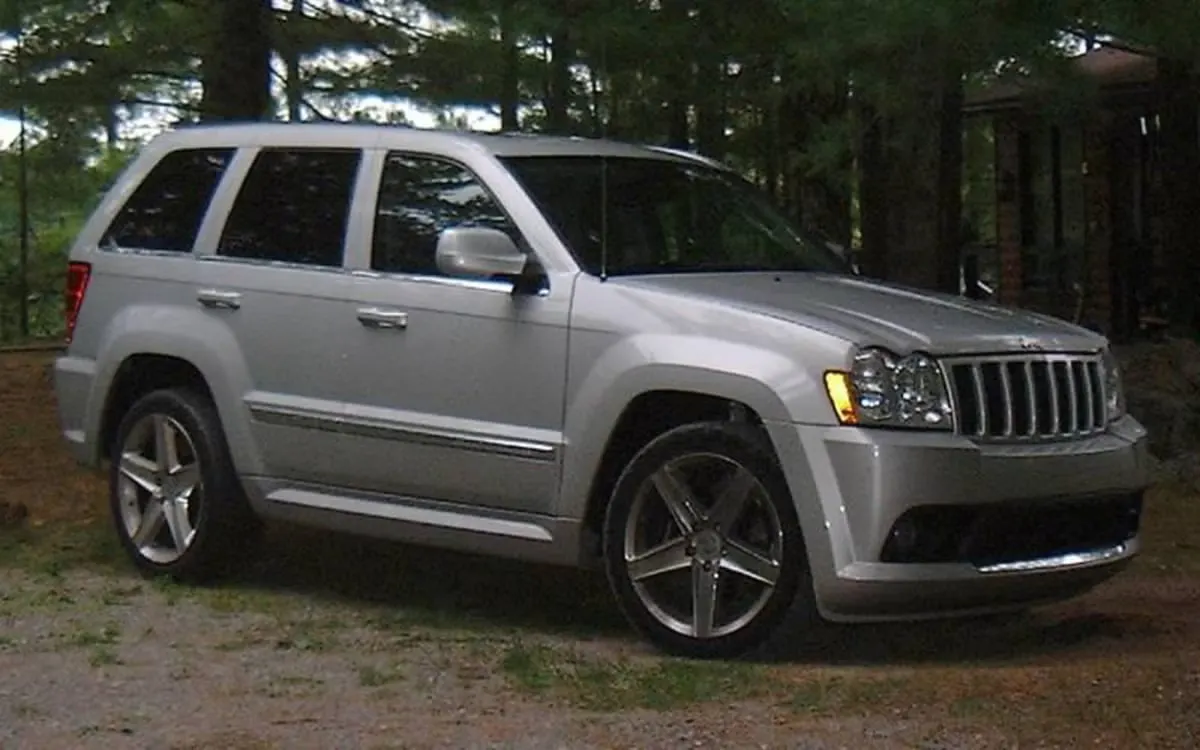Table of Contents
ToggleIntroduction
When you buy a car—new or used—you will almost always be offered what’s called an extended car warranty. This coverage goes beyond the standard warranty that comes with the vehicle—like covering repairs after the normal factory protection is over. But are these extended warranties truly worth it, or are they just expensive add-ons? Picture it this way: an extended warranty is like a safety net you may never need, and whether it’s helpful or pointless depends on what kind of car you drive, how reliable it is, and how much you’d pay for repairs yourself.
Extended Car Warranties What’s Included and What’s Not
An extended car warranty, often referred to in more accurate terms as a vehicle service contract, pledges to cover repairs or replacements when certain parts fail outside the standard coverage period. Typically, it’s offered through dealerships or third-party providers, and sometimes you may find better pricing outside the dealership. According to Wikipedia, these warranties might differ from the original terms and can exclude things like “wear‑and‑tear,” certain parts like brakes, or damage from misuse or natural disasters.
In general, they might include:
- Engine or transmission issues
- Electrical or HVAC failures
- Things like trip interruption or roadside assistance in some plans.
But they often exclude repainting scratches, tire wear, or cosmetic dents—even though those are common expenses.
When Do Extended Warranties Make Real Sense?
Extended warranties may shine in a few real-world scenarios. If you’re driving an older car or one that’s known for reliability issues, it may feel comforting to have coverage in case something breaks down dramatically. With high-cost components such as the engine or transmission, an extended warranty can offer financial predictability so you’re not faced with a massive surprise repair bill.
Some plans also offer perks like roadside help or rental car coverage—nice extras if you travel a lot or rely on your car daily. And if the warranty is transferable to a new owner, it can slightly boost your car’s resale value—a handy selling point later.
Why Extended Warranties Often Don’t Measure Up
Despite their appeal, extended warranties can easily end up costing more than any repairs they cover. Many modern cars are extremely reliable, making the chance of using the warranty quite slim. Insurance-like products, warranties are often sold with slim profit margins for the seller—they make money even if you never use it.
Third-party warranties especially are notorious for denying claims or writing contracts in a way that makes claims difficult to succeed. Even Consumer Reports and financial advisors like Dave Ramsey caution that extended warranties are usually poor value, especially if your vehicle is reliable.
Alternatives to Buying an Extended Car Warranty
Instead of buying expensive warranty coverage, some people choose smarter financial options. For example, setting up a small emergency repair fund allows you to pay for repairs when they happen, without buying coverage you may never use. Another option is mechanical breakdown insurance or vehicle protection plans offered by insurers, which sometimes deliver more flexible, pay-as-you-go options than a standard extended warranty. These can often start as low as $12 per month and cover more types of breakdowns including minor things like dents or key replacement.
Real Voices
On communities like Reddit’s r/askcarsales, you’ll see real people share honest insights—one commenter said:
“Extended warranties are a revenue stream… the odds are against you. There are issues after the original warranty, but third-party ones often make it hard to claim”.
Another said manufacturer-backed warranties, like from Mazda or Toyota, are better because those brands care more about their own reputation and push fewer hoops.
How to Decide If an Extended Warranty Is Right for You
It all comes down to how long you’ll keep the car, how reliable that model is, what coverage you’re getting, and what it costs. If your car is already extremely dependable, it might make more sense to skip the warranty and save money instead. But if you’re eyeing an unreliable model, or if a $2,500 repair bill would ruin your day, it might be worth looking into.
Make sure you review the contract carefully so you know exactly what’s covered and what’s excluded before buying.
Final Thoughts
In the end, an extended car warranty is a choice between paying now for peace of mind or paying later if the car breaks. For super reliable vehicles, saving may be smarter. But for high-risk models or if you want a stress-free ride, a warranty—especially one directly from the manufacturer—can offer meaningful protection. The key is to evaluate coverage versus cost, provider reliability, and your personal ability to handle surprise repair bills.
Let me know if you’d like help comparing actual warranty plans or evaluating a specific car model.
FAQs
What exactly is an extended car warranty?
It’s an optional service contract that covers certain car repairs after the original manufacturer’s warranty ends.
Are they always offered by the carmaker?
No, they can be from the manufacturer or a dealer, or even third-party sellers, each with different terms and reliability.
What type of repairs do they cover?
Things like engine, transmission, electrical systems, and sometimes extra perks such as roadside help.
What won’t they cover?
Usual exclusions include wear-and-tear, cosmetic damage, accidents, and abuse.
Do extended warranties help with resale value?
Sometimes yes, especially if the warranty is transferable—buyers see extra coverage as a plus.
I’m Waqas, an electric vehicle enthusiast and tech writer with over 6 years of experience covering the EV industry. I write in-depth articles, comparisons, and reviews to help readers understand the fast-evolving world of electric mobility. From battery technology to EV launches and charging trends, I aim to make complex EV topics simple, engaging, and informative for everyday drivers and curious readers alike.






